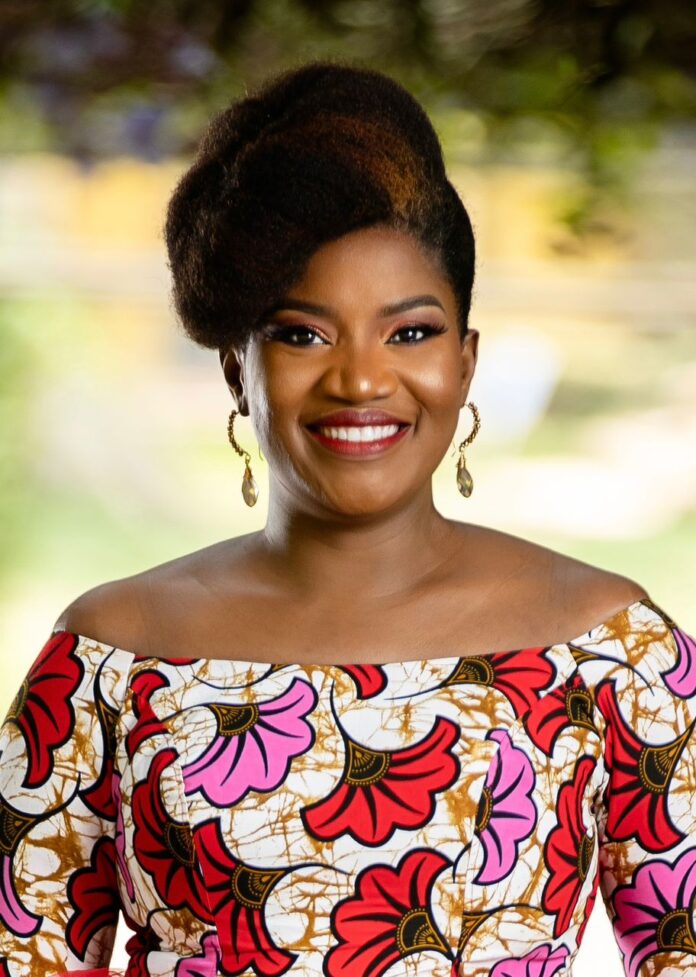In recent days, a video has been circulating widely on social media, showing a young girl having her hair cut amid tears as she transitions from junior high to senior high school.
Whether real, staged, or symbolic, it has once again stirred a national conversation that resurfaces every few years because it sits deeply in the soul of our identity as a people.
The video mirrors what many Ghanaian girls have experienced for generations and reawakens a question we can no longer ignore: What place does identity hold in our education system today?
Across Ghana, many still recall the long-standing tradition that requires female students in senior high schools to keep their hair short.
Rooted in discipline, equality, and uniformity, it was introduced with good intentions to promote focus, humility, and sameness in an environment that moulds young minds. Yet, in this modern age of cultural rediscovery, that tradition also invites us to pause and reflect.
Hair, especially for the African girl, is not merely cosmetic. It tells history. It holds memory. It speaks culture.
For some, it is a spiritual expression; for others, a badge of identity and belonging. When such a symbol becomes a point of tension, perhaps what we need is not argument but honest conversation.
To date, the Ghana Education Service (GES) has not issued a national directive that mandates the compulsory cutting of girls’ hair in senior high schools.
What exists are institutional traditions and interpretations of discipline and neatness that have solidified over time.
Some schools, particularly private ones, have begun to adapt, allowing girls to maintain their hair under clear hygiene and grooming rules, proving that neatness and identity can coexist.
This reflection is not a criticism of the GES or of the discipline that Ghanaian schools have upheld for decades. Rather, it is a call to collectively re-examine the parts of our system that consistently evoke public debate.
If, year after year, a simple question about a girl’s hair triggers such strong emotion, then it is no longer a trivial issue. It is a mirror showing us something about who we are becoming.
Our Constitution already gives us guidance. Article 15 guarantees the right to dignity. Article 17 ensures equality before the law and protection from discrimination.
Article 25 guarantees the right to education for all. These principles remind us that school should be a place of discovery, not suppression; a place where discipline shapes confidence, not fear.
The 2021 High Court ruling on the Achimota case reinforced this. By declaring that denying students admission because of their hair was unconstitutional, the court reminded the nation that grooming rules must serve education, not erase identity.
Beyond the law, Ghana has also signed global commitments that protect the rights and dignity of the child, including the UN Convention on the Rights of the Child and the African Charter on the Rights and Welfare of the Child.
These frameworks, like a moral compass, guide us toward systems that uplift rather than diminish.
Amid this reflection, We Naturals joins countless Ghanaians, educators, parents, policymakers, NGOs, civil society organisations, and cultural advocates in calling for an open, national dialogue.
A conversation that is not about rebellion but about balance. One that protects both discipline and dignity and finds harmony between neatness and self-expression.
We are ready and willing to collaborate with schools, the GES, and relevant partners to design simple grooming and hair-care education programmes that help students maintain neat and healthy hair within school standards.
This is not about promoting a style or brand, but about helping young people understand care, discipline, and identity from a place of pride.
If Ghana is to remain a light on the continent, then our systems must reflect both our history and our growth.
Allowing our girls to wear their hair neatly and confidently will not erode discipline. It will deepen it, because discipline born from understanding lasts longer than that born from enforcement.
This is the time to look again, to listen again, and to rebuild from understanding.
Because the hair we cut is not just hair. It is story, strength, and soul.
Source: Dorinda Mawuenya Quashie, CEO, We Naturals



